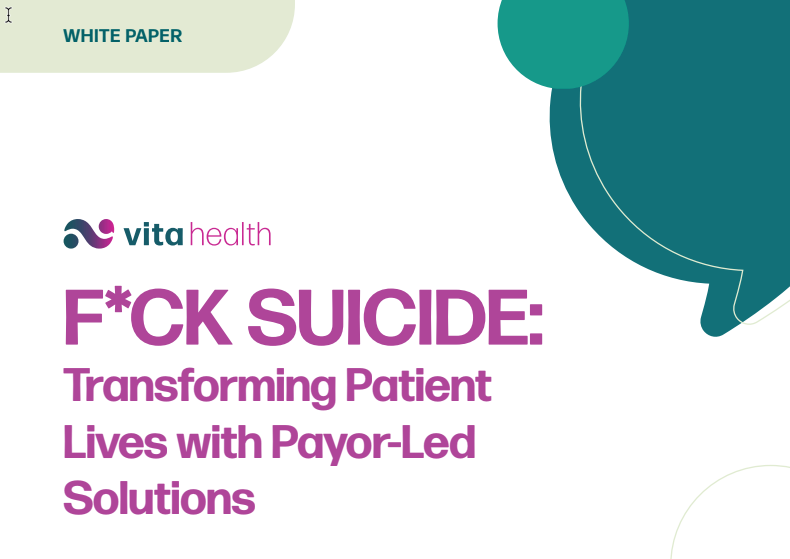Importance
The prevalence of suicide among adolescents is rising, yet little is known about effective interventions. To date, no intervention for suicidal adolescents has been shown to reduce mortality.
Objective
To determine whether the Youth-Nominated Support Team Intervention for Suicidal Adolescents–Version II (YST) is associated with reduced mortality 11 to 14 years after psychiatric hospitalization for suicide risk.
Design, Setting, and Participants
This post hoc secondary analysis of a randomized clinical trial used National Death Index (NDI) data from adolescent psychiatric inpatients from 2 US psychiatric hospitals enrolled in the clinical trial from November 10, 2002, to October 26, 2005. Eligible participants were aged 13 to 17 years and presented with suicidal ideation (frequent or with suicidal plan), a suicide attempt, or both within the past 4 weeks. Participants were randomized to receive treatment as usual (TAU) or YST plus TAU (YST). Evaluators and staff who matched identifying data to NDI records were masked to group. The length of NDI follow-up ranged from 11.2 to 14.1 years. Analyses were conducted between February 12, 2018, and September 18, 2018.
Interventions
The YST is a psychoeducational, social support intervention. Adolescents nominated “caring adults” (mean, 3.4 per adolescent from family, school, and community) to serve as support persons for them after hospitalization. These adults attended a psychoeducational session to learn about the youth’s problem list and treatment plan, suicide warning signs, communicating with adolescents, and how to be helpful in supporting treatment adherence and positive behavioral choices. The adults received weekly supportive telephone calls from YST staff for 3 months.
Main Outcomes and Measures
Survival 11 to 14 years after index hospitalization, measured by NDI data for deaths (suicide, drug overdose, and other causes of premature death), from January 1, 2002, through December 31, 2016.
Results
National Death Index records were reviewed for all 448 YST study participants (319 [71.2%] identified as female; mean [SD] age, 15.6 [1.3] years; 375 [83.7%] of white race/ethnicity). There were 13 deaths in the TAU group and 2 deaths in the YST group (hazard ratio, 6.62; 95% CI, 1.49-29.35; P < .01). No patients were withdrawn from YST owing to adverse effects.
Conclusions and Relevance
The findings suggest that the YST intervention for suicidal adolescents is associated with reduced mortality. Because this was a secondary analysis, results warrant replication with examination of mechanisms.
Trial Registration ClinicalTrials.gov identifier: NCT00071617



